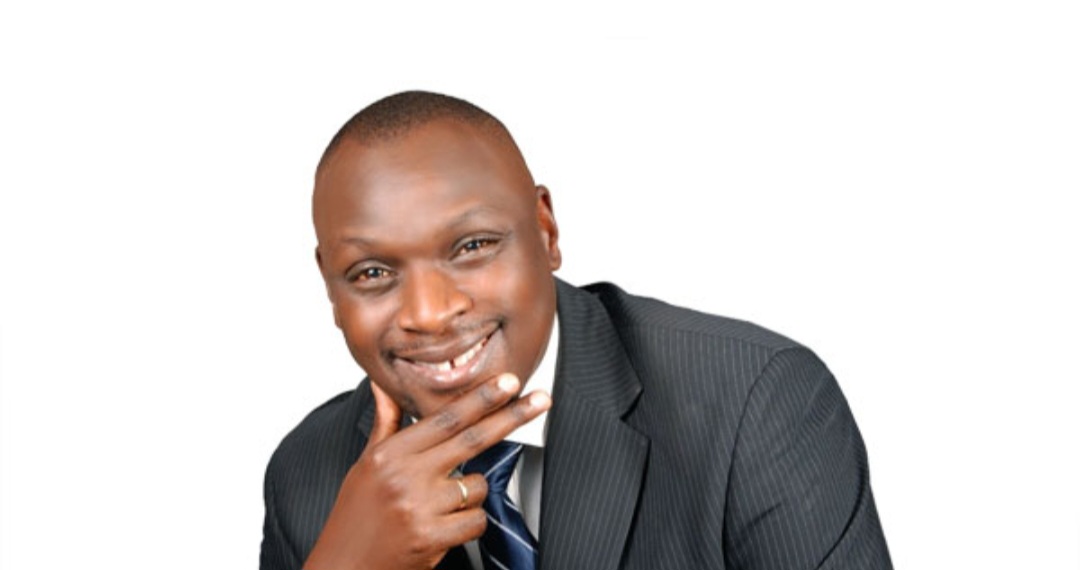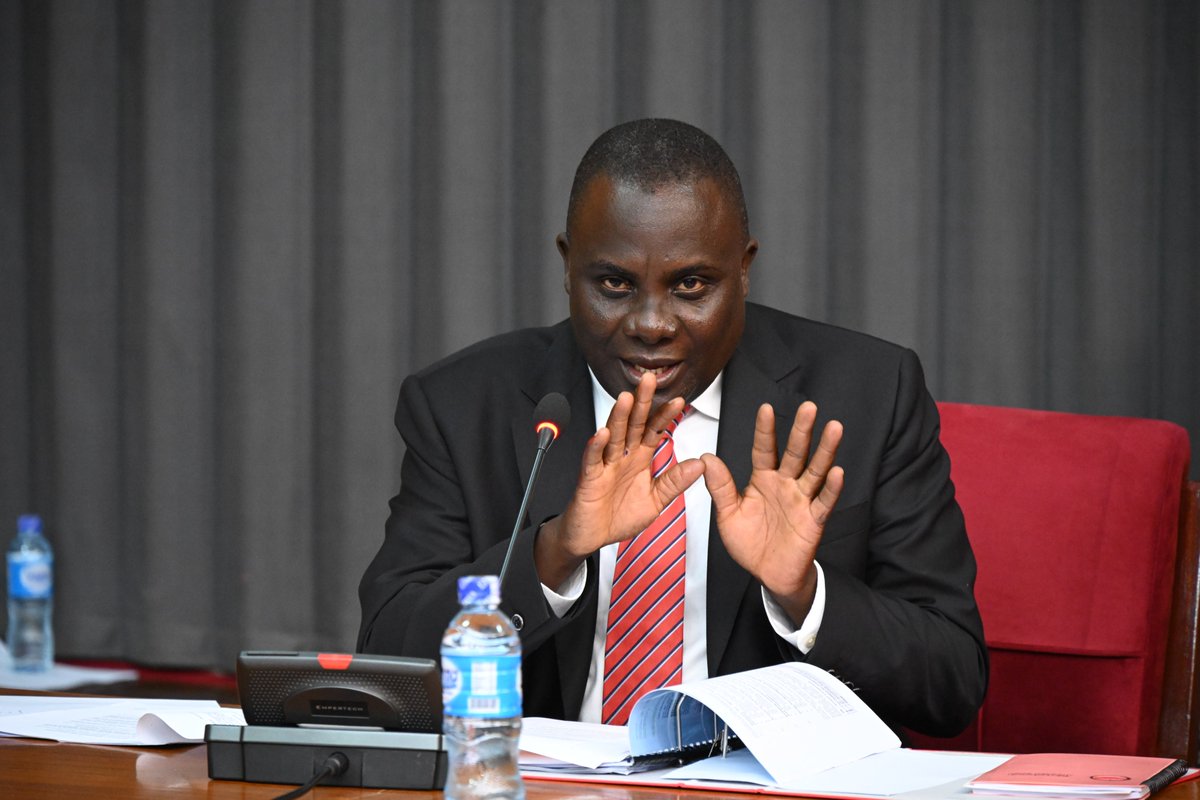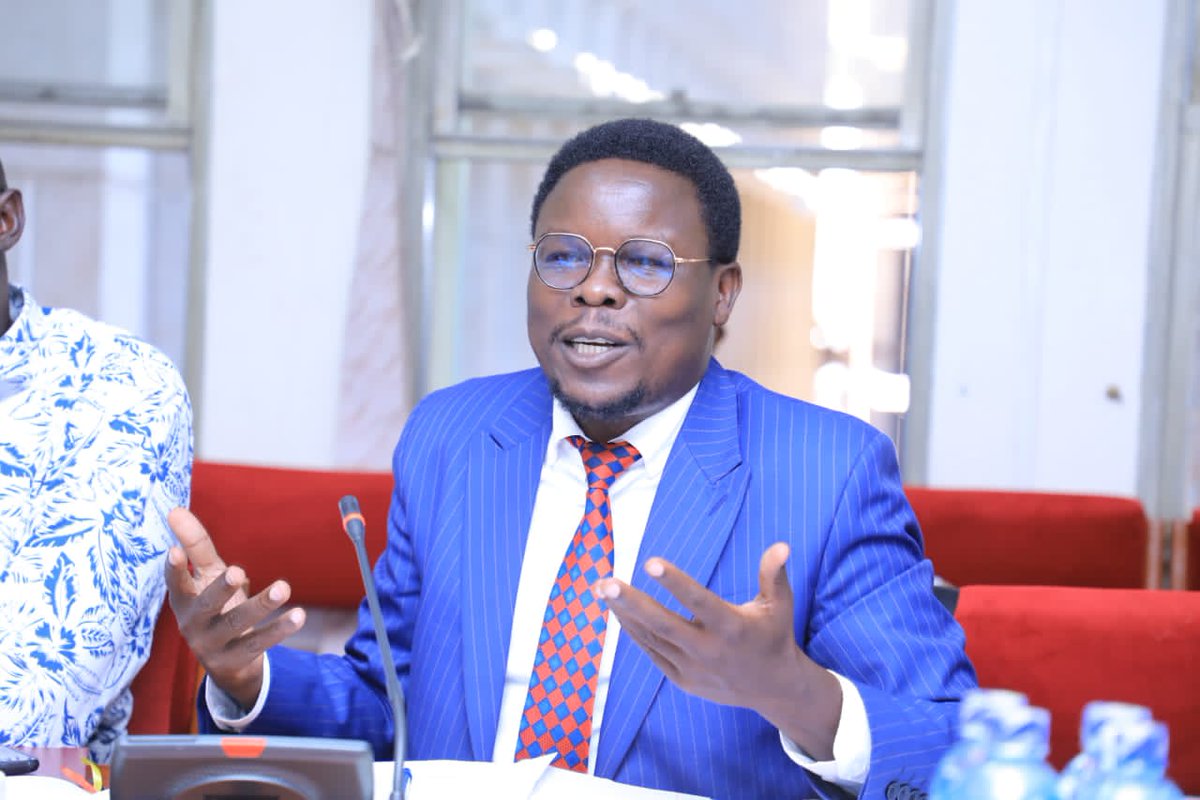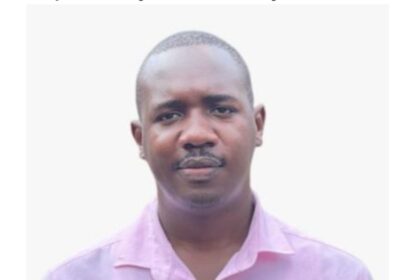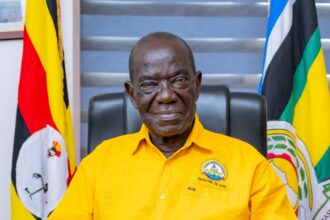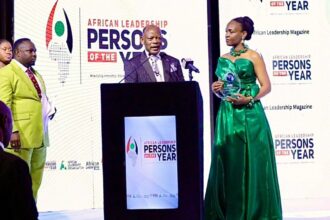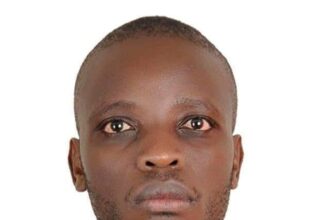The National Public Relations Officer of the National Fellowship of Born Again Pentecostal Churches of Uganda, Dr Richard Magongo, has voiced serious concerns regarding the Uganda Bureau of Statistics (UBOS) report, which he asserts misrepresents the true number of Born-Again Christians in Uganda.
According to the recent UBOS census report, Born-Again/ Pentecostal, and Evangelical Christians constituted 14.7 per cent of the population. However, Dr Magongo strongly disputes this figure, raising alarms about the categorization process and the omission of the term “Born Again” in Luganda meaning Balokore in the final questionnaire.
In an exclusive interview with Watchdog Uganda, Dr Magongo revealed that the initial agreement with UBOS included the use of the term “Born Again” (Luganda: Barokole) alongside Pentecostal and Evangelical in the census questionnaire. However, he claims an “invisible hand” interfered, pressuring UBOS to exclude this term in the final documentation.
“We had a meeting with them, and they agreed to code us as ‘Born Again’ in brackets, Barokole. But before the final questionnaire came out, an invisible hand twisted their hand and caused them to drop the word ‘Born Again,’” he said.
This omission led to confusion among Born-Again leaders and believers, hindering proper preparation for the census. “There was too much confusion. We couldn’t prepare our people on what they should write or what they should tick on the questionnaire because we were not given the right information,” Dr Magongo explained.
Doubts Over the 14.7% Figure
Dr Magongo expressed scepticism over the reported figure of 14.7%, implying the possibility of further manipulation. “If an issue of naming was tampered with by that invisible hand, how sure are we that even the 14% wasn’t doctored?” he asked. He suggested that the Born-Again community should conduct its census to obtain an accurate representation of their numbers.
The 2024 census results revealed a decline in the Catholic population from 39.3% in 2014 to 37.4% and a decrease in Anglicans from 32.0% to 30.0%. Meanwhile, the Pentecostal/Evangelical/Born Again Churches (PEBACs) were identified as the fastest-growing Christian group in Uganda, with a significant increase of 3.6%, rising from 11.1% in 2014 to 14.7%.
However, Dr. Richard Magongo pointed out discrepancies in these figures. He noted that in 2014, there were an estimated 25,000 Balokole churches in Uganda, and the census had recorded the Born Again community at 11.1%.
Yet, by 2023, during the general elections for a new General Overseer, the number of Pentecostal/Evangelical/Born Again churches had nearly doubled to 50,000. Additionally, over the past decade, the Balokele community has experienced massive revivals, with millions coming to the faith. Based on these developments, Dr. Magongo estimates that the Born Again community now accounts for 22-25% of Uganda’s population, far exceeding the census’s conservative estimate.
Importance of the Term “Born Again”
According to Dr Magongo, the term “Born Again” is crucial in identifying their community within Uganda’s religious landscape. He illustrated that when people in Kampala refer to Born-Again churches, they associate them with churches like Miracle Centre and Victory Church, not traditional churches like Namirembe Cathedral or All Saints. “The word ‘Born Again’ in Luganda, which is described as Barokole, best describes our faith,” he emphasized.
He further compared this categorization issue to the recognition of other religious sects, such as the Catholic Church, which, despite internal differences, is unified under one name. “There are sects within the Catholics, for example, the charismatic Catholics, but they are all called Catholics. Why do they want to fragment us into factions?” he questioned, stressing that Born-Again Christians/ Balokore is the defined name that is widely known by all Ugandans even non-born agains therefore UBOS should have used it instead of using terms that were not familiar with most of Balokere in Uganda.
He also questioned why there were numerous changes in the naming or coding of the Born Again/Balokole community. On the census questionnaire, they were categorized as “Pentecostal/Evangelical (Born Again),” yet in the final report, the “Born Again” label was removed. Dr. Magongo expressed concern over how such an oversight could occur so blatantly, further deepening doubts about the integrity of the process.
Do you have a story in your community or an opinion to share with us: Email us at Submit an Article



